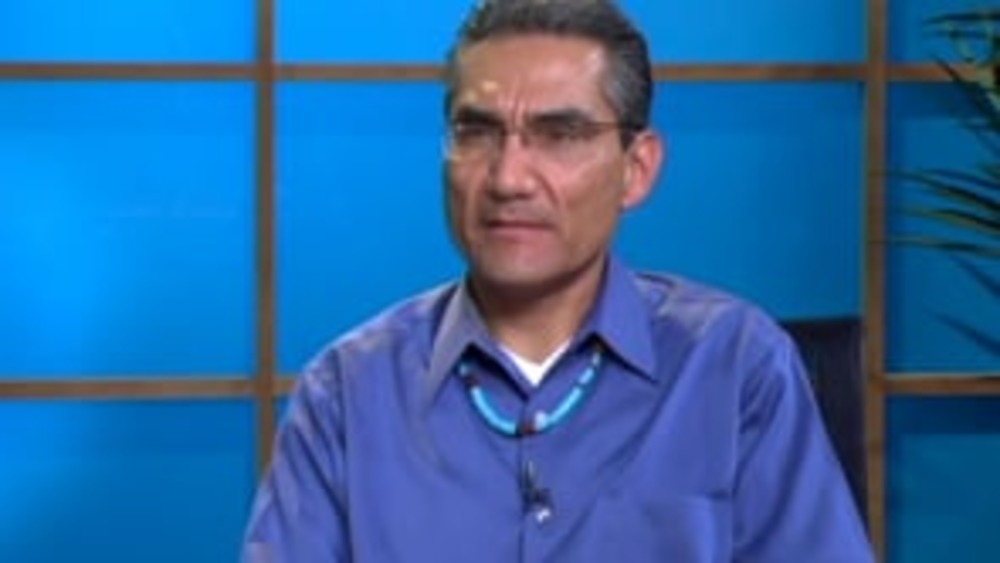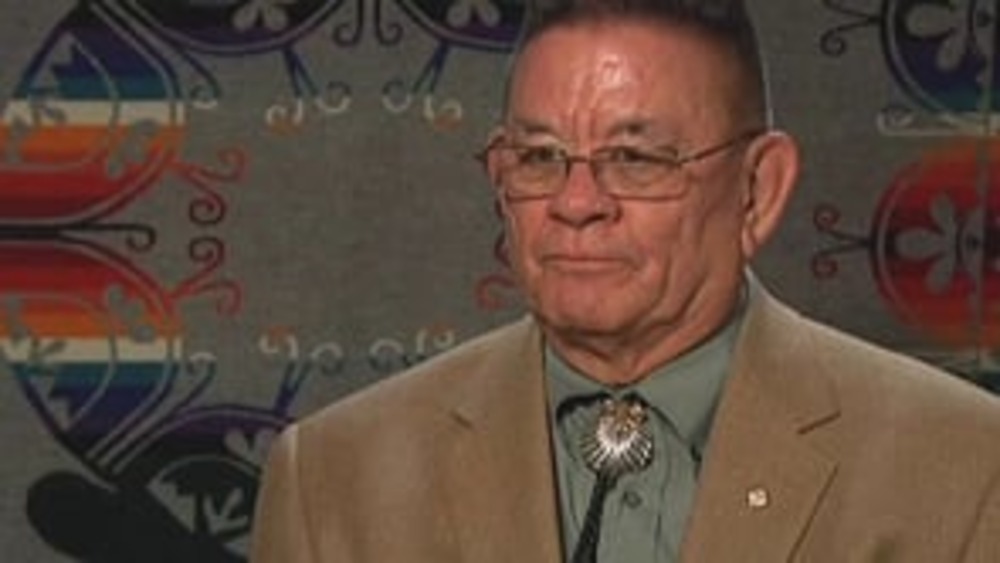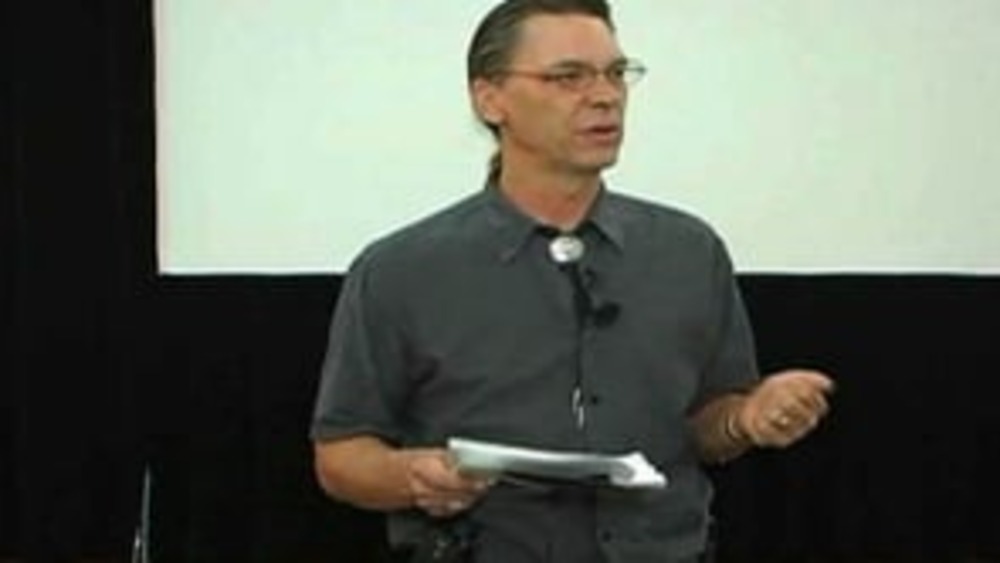Professor Robert A. Williams, Jr. discusses how an effective, independent justice system can play a pivotal role in a Native nation's efforts to exercise its sovereignty and strengthen its communities.
Additional Information
Williams, Jr., Robert A. "Justice Systems: Moving Your Nation Forward." Native Nations Institute for Leadership, Management, and Policy, University of Arizona. Tucson, Arizona. 2012. Lecture.
Transcript
“And so when you think about the key assets for Native nation building, so that you can have practical self-rule, you think about -- first and foremost -- the constitution. It starts with your constitution. It’s your governing document. And as I went through that history, many of you have inherited constitutions that really weren’t very well-suited to your needs 50 years ago, how well do you think they are suited to your needs today? Ask yourself, ask your grandmothers, ask your grandfathers: ‘Have we grown any better into our constitutions in 50 years?’ And I think every answer, in every instance is, ‘No, it still does not fit. It still doesn’t feel right.’ And the same discomfort that you've had with those constitutional clothes is the same discomfort that your grandparents had -- that prior generation -- and until we learn to throw off those bad-looking, ugly clothes that don’t fit, and figure out what it means to have a tribal constitution, we are never going to be very comfortable in our constitutional skins. So you have to take the process of constitutional reform very [seriously].
What's the second necessary element for practical self-rule? You've got to have laws. And by these I mean all sorts of laws: your own customary laws, customs and tradition, your own statutory laws. Go through your tribal code book and try and figure out where your juvenile code came from, where your criminal code came from. I bet you eight out of 10 times some consultant, or somebody in your tribal attorney’s office went to the state juvenile code, put it up on a word processor, knocked out ‘The State of Arizona’ and put your tribe in there. And sometimes the tribal attorney will say, ‘Well, this way our tribal code on juvenile justice harmonizes with the state code.’ That's a scary thought. But you ask. And so tribal law means that you have taken on the responsibility of passing laws that make sense for you -- just don’t accept anyone else's hand-me-downs that don’t fit very [well].
Are you not only legislating, but are you regulating? I know one reservation I work with has over 40 different agencies generating codes and you can’t find them in one place. So imagine, if you want to do business on that reservation, you have to knock on the door of 40 different regulatory agencies just to get your business started. And foreign laws [are] also a piece of a practical self-rule. The Indian Civil Rights Act, the Indian Reorganization Act -- many areas of foreign law that are a part of the process.
And so when you think about those key elements of practical self-rule, what’s the key institution that makes it all work? Tribal courts. You need an independent judiciary interpreting and enforcing the constitution and tribal law. All of these elements are absolutely crucial, and the only way to make them work is to have an independent judiciary.



